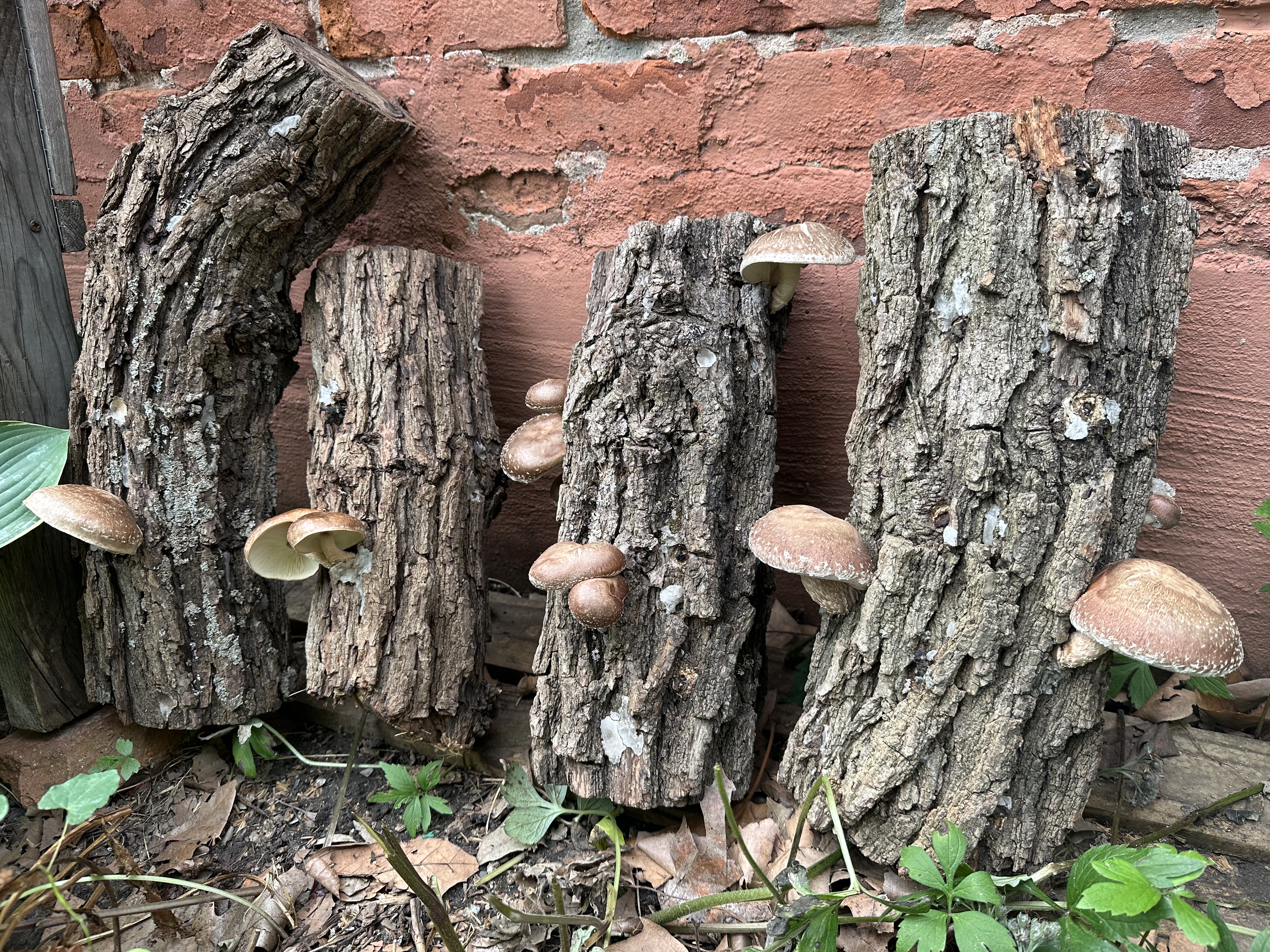
Merry Christmas
Here’s a 1:34 piano rendition of my favorite Christmas song, O Holy Night. Merry Christmas and happy holidays, everyone. Click on the image to listen:
Charles Goldman and I have some good conversations on this week’s program, and Kathy takes a quick trip around the world to see what others favor for Christmas and holiday meals. If you listen, I’ve got five questions for you:
1. Will Pete Hegseth be confirmed as Secretary of Defense, notwithstanding his unabashed Christian nationalism?
2. Should psilocybin be legalized?
3. If Chinese company ByteDance refuses to sell TikTok, should TikTok be banned?
4. If confirmed as Secretary of Health and Human Services, will RFK, Jr be able to take a bite out of the ultra-processed foods industry?
5. Have you ever eaten a goose for Christmas?

